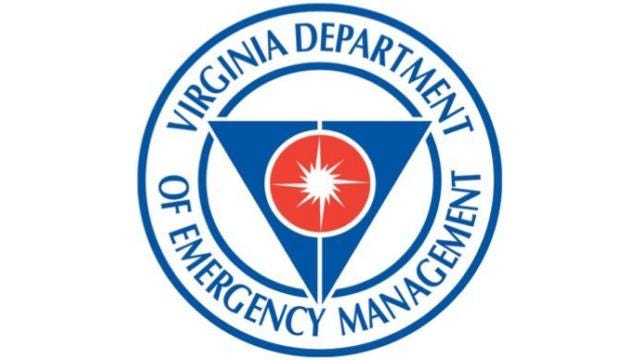RICHMOND – As winter approaches, the Virginia Department of Emergency Management (VDEM) encourages Virginians to prepare for the potential impacts of winter weather during Winter Weather Awareness Week, observed from December 2 – 6, 2024. In partnership with the National Weather Service (NWS), VDEM is dedicated to raising awareness and ensuring communities across the commonwealth are equipped to handle winter’s challenges.
Each year, winter weather can bring a range of hazards, including snow, sleet, freezing rain, and dangerously cold temperatures. These conditions increase the risk of hazardous travel, power outages, and health impacts, especially for vulnerable populations.
“Winter weather can disrupt daily life and create dangerous situations if we’re not adequately prepared,” said VDEM State Coordinator Shawn Talmadge. “We’re urging all Virginians to use Winter Weather Awareness Week to take simple steps that can protect their loved ones and communities during severe winter weather.”
Key Steps for Winter Weather Preparedness
- Build an Emergency Kit: Include winter-specific items like blankets, warm clothing, rock salt or sand, and tools for removing snow. Ensure your kit has enough supplies for at least 72 hours.
- Prepare Your Home: Winterize your home by insulating pipes, caulking windows, and making sure your heating system is working efficiently. If you rely on space heaters, use them safely and keep them away from flammable materials.
- Make a Plan: Discuss with family members and neighbors about what you would do in the event of a winter storm or power outage. Ensure everyone knows how to stay warm and connected.
- Stay Informed: Follow VDEM and the NWS for updates and consider signing up for local emergency alerts. Monitoring weather forecasts will allow you to act quickly when conditions worsen.
- Be Cautious on the Roads: Plan to stay off the roads during severe weather if possible. If travel is necessary, ensure your vehicle is equipped with an emergency kit, check your tires, and drive carefully on ice and snow.
- Power Outage Preparedness: Winter weather can lead to power outages that affect homes, heating systems, and communications. Prepare by having backup power sources and know how to use them safely. Always keep a flashlight, batteries, and a charged phone available.
“As we head into winter, it is important to be prepared for winter’s impacts from not only snow and ice, but also from extreme cold as well,” said NWS Warning Coordination Meteorologist Eric Seymour. “Taking time now to prepare for these weather hazards will allow the impact on our lives to be reduced. From having the proper equipment for travelling in winter weather to properly using alternative heat sources, should the power go out, are things that can be done in advance to make sure the impacts from winter weather can be limited.”
VDEM and NWS will share winter weather preparedness information throughout the week via the web, Facebook, Twitter, and Instagram. Each day will focus on a different topic.
Partner organizations and the media are encouraged to participate.
For more information on how to prepare for winter weather’s hazards, visit weather.gov/wakefield/winterweatherawarenessweek.
For winter weather safety information, please visit https://tinyurl.com/4d2bprp9.









